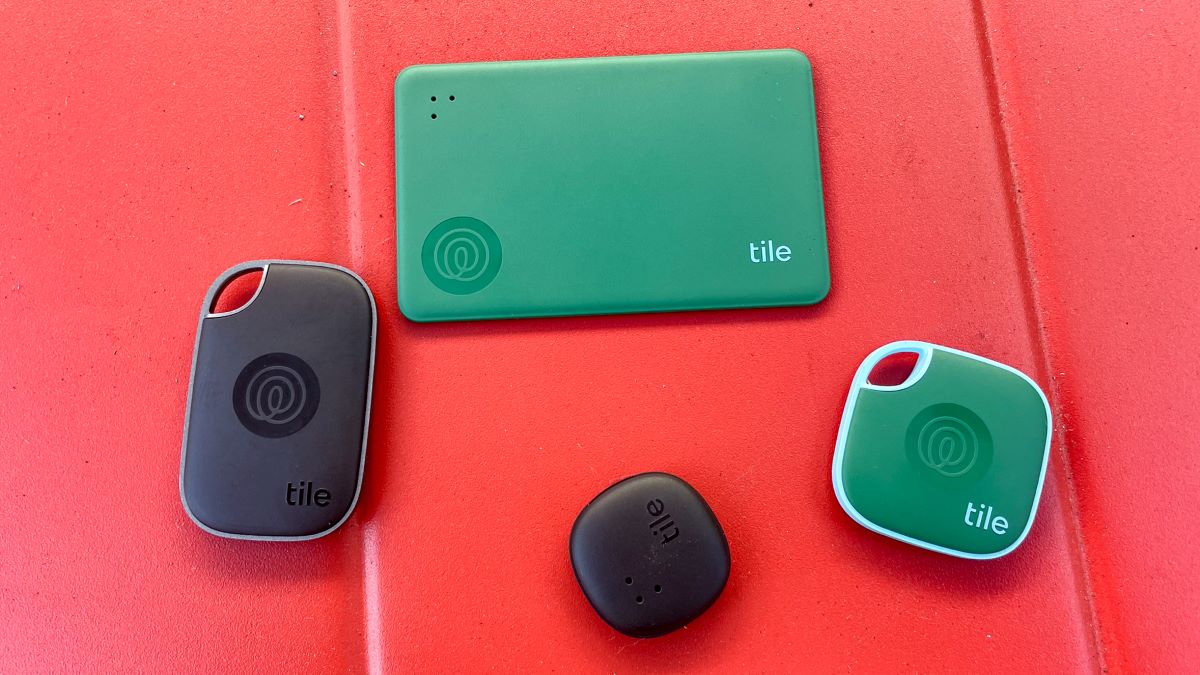Tile was one of the pioneers in the gadget tracking industry, long before Apple introduced the AirTag and a variety of other alternatives entered the market. Now, it has returned with a refreshed lineup, thanks to its new owner, Life360.
While still providing a way to track your keys, wallets, bags, and other tech, the new Tile by Life360 range also focuses on enhancing personal safety and security.
This is the first set of new models released since Life360 acquired Tile in 2021, and they include the familiar Tile Mate, Tile Pro, Tile Slim, and Tile Sticker.
These trackers return for 2024 with updated logos and four fresh color options. They all offer extended Bluetooth range and louder rings compared to earlier models, but the standout feature this time is the new SOS mode.
By pressing the Tile button three times, the device sends an alert to your Life360 Circle, consisting of your family and trusted friends, along with your exact location.
This feature provides an extra layer of security, especially when walking home late at night. It’s also simpler to activate than your phone’s SOS or emergency mode.
Importantly, these alerts don’t require any sort of subscription—although Life360 does offer a variety of membership options for those who want extra features such as roadside assistance, location history, and emergency dispatch services.
Much like before Life360’s acquisition, Tile continues to operate independently rather than partnering with Apple’s Find My or Google’s Find My Device ecosystems.
However, with 70 million active users who can relay Bluetooth signals, it remains the most robust third-party tracking service available.
Life360 claims that its app is installed on one in twelve smartphones. For example, when I used the app, it showed that I was within a 10-mile radius of 469 other Tile users, even though I live in a rural area.

Tile works with both iOS and Android devices, allowing me to track my wallet with a Tile Slim using my Google Pixel phone, while my wife, an Apple user, could have a Tile Mate attached to her house keys.
One key feature is that Life360 isn’t forcing current Tile users to switch to a new app. The two apps remain separate, with an option to connect both if desired, but it’s not mandatory.
After using the new models for a week, I’ve been impressed by how seamlessly everything integrates with both apps.
The Tile app, in particular, is still excellent for locating lost items, showing their location on a map and allowing me to ring them remotely. The increased volume of the Tile Pro meant I could hear it even when it was buried behind a sofa in another room.
The Tile Pro still feels like the most premium of the group, with its metal frame complementing my car keys. It also has a user-replaceable battery that lasts for a full year of tracking.
Another useful feature is the ability to ring connected smartphones from the Tile, even if they are on silent.
The enhanced Bluetooth range allowed me to monitor devices throughout my house, including the Tile Sticker I discreetly placed under the seat of my bike. The Tile Sticker is incredibly small, even smaller (though thicker) than an Apple AirTag.
The Tile Slim was a perfect fit for my wallet, but it could just as easily be slipped into an inner pocket of a bag or the lining of a suitcase. The baby blue model I tested stood out nicely from my credit cards, ensuring I wouldn’t mistake it for one at a store.
The new Tile by Life360 lineup is available for purchase now, directly from the Tile website as well as from major tech retailers. The prices are £25 for each Tile Mate, £35 for the Tile Pro, £30 for the Tile Slim, and £25 for each Tile Sticker.
